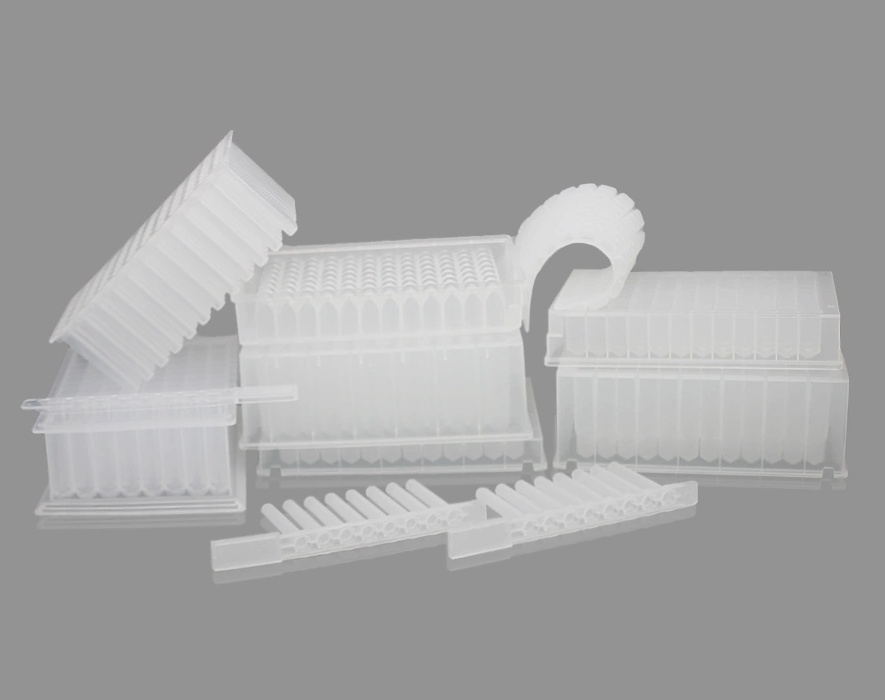Syria’s state-owned phosphate fertilizer and mining general company is controlled by the Syrian oil and gas sector. According to reports, whether FZE and the Syrian state-owned phosphate fertilizer and mining general company produced phosphoric acid by flotation tailings have not yet been determined.
Syria's state-owned phosphate fertilizer and mining company's phosphate mines in the eastern part of the country, respectively, have an annual output of 3.3 million tons of phosphate ore and 1 million tons / year. One of them has begun to expand production. It is estimated that the output will reach 3.55 million tons/year after expansion. The company produced 3.22 million tons of phosphate ore in 2008. At present, the company has a considerable portion of its phosphate rock for export, with exports of 2.47 million tons in 2008. The remainder is consumed domestically by the state-owned chemical group's chemical plant to produce phosphoric acid and trisodium phosphate.
The annual amount of phosphate ore used in the production of phosphoric acid in Syria should be about 594,000 tons, but the consumption in recent years is only half of the data. Because domestic production of trisodium phosphate only supply the domestic market.
Syria has a large stock of phosphate fertilizers. By the end of 2008, 31% of the stocks of phosphorus pentoxide were estimated to be 424 million tons. The country’s phosphate reserves are controlled by Syria’s state-owned phosphate fertilizers and mining general companies.
Last year, the Syrian State Phosphate Fertilizer and Mining General Company and the Department of Fertilizers of India (DOF) signed a Memorandum of Cooperation (MoU) on the development of phosphate rock resources. The memorandum contains consultation services for the development of technical, economic, and environmental studies for the development of phosphate rock resources and provisions for the establishment of phosphate fertilizer plants. The company is preparing to select three Indian consulting companies for feasibility studies. However, so far, the project has not made any progress.
The Syrian oil and minerals sector and the industrial sector signed an agreement with the Syrian-Qatar Holding Company (SQHC) on the establishment of a phosphate fertilizer plant in May last year. At the time, SQHC stated that the project was a project of a joint venture of the Indian fertilizer sector, and that the process and feasibility study was underway and was undertaken by Nexant, an international chemical, chemical and energy consultant company.
Made of medical grade polypropylene, resistant to alcohols and other mild organic solvents.
Can provide sterilization, with lid, independent packaging.
Provide 10ml, 4.6ml, 3.5ml, 2.2ml, 1.6ml, 1.0ml, 1.2ml, 0.5ml, Deep-Well Plate and 96 Deep Well Plate.
It can be sealed with a Sealing Film or a silicone cover.
It complies with the international SBS automation standard and is compatible with the international standard DNA to provide equipment.
The magnetic tip comb, which is usually used along with deep well plate, can be divided into 96 magnetic tip comb and 8 Row magnetic tip comb. Both of the comb tips has different dimension to match the different size of the plate well.

96 Deep Well Plate 2 ml,2.2 ml Deep Well Plate,2ml 96 Well Plate,96 Square Well Plate,96 Deep Well Block
Yong Yue Medical Technology(Kunshan) Co.,Ltd , https://www.yypcr.com